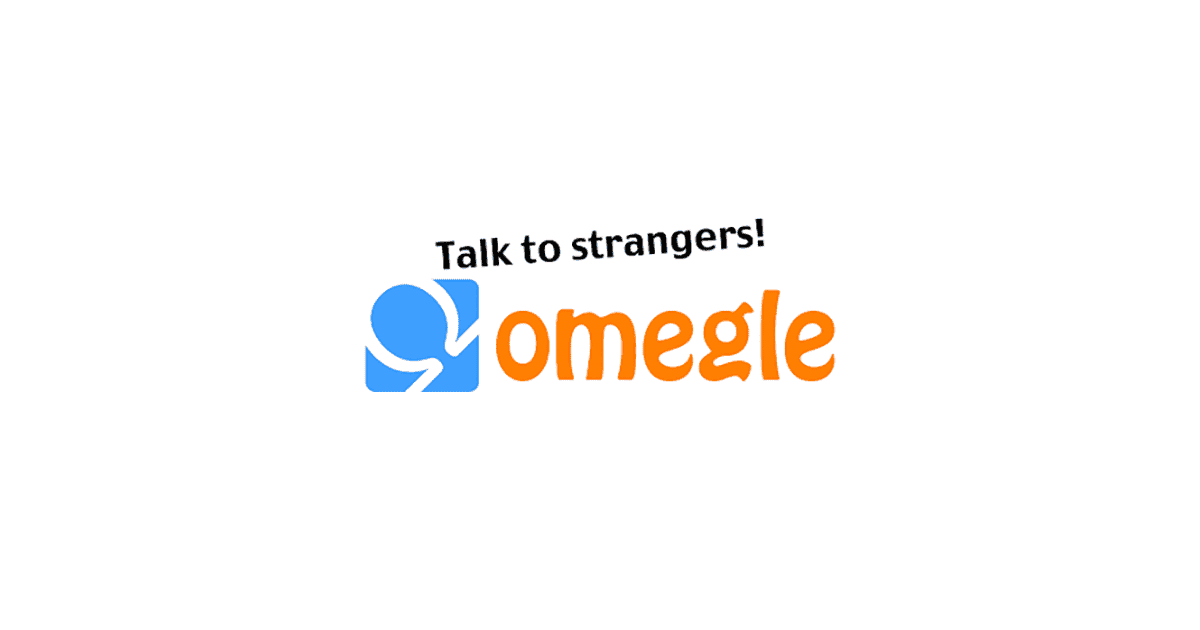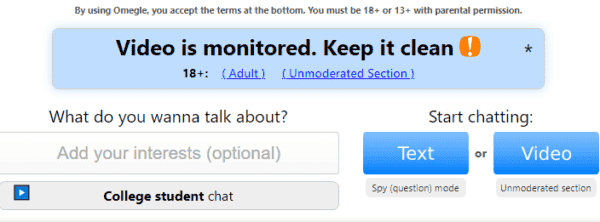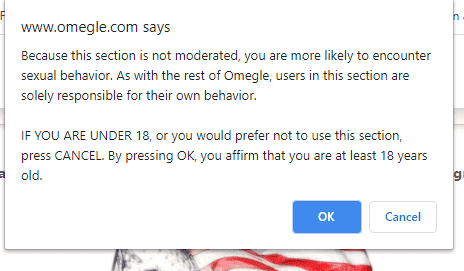What is Omegle? What parents need to know

Launched in March 2009, by then 18 years old, Omegle has recently become popular due to the COVID-19 pandemic. This ‘virtual chat room’ offers random users to have moderate or unmoderated conversations with each other from anywhere in the world.
What’s on the page: What is Omegle? What parents need to know
- What is omegle?
- Who uses Omegle?
- Omegle is safe?
- Does Omegle have any parental controls?
- Ways to keep kids safe online
What is omegle?: What is Omegle? What parents need to know
Omegle, a video chat website that matches random users identified as ‘You’ and ‘Stranger’ to chat online via ‘Text’, ‘Video’ or both. A user can also choose to add their interests, and Omegle will try to match a user with someone who has similar interests. If not, you could meet anyone. The chats are anonymous unless the user indicates who they are, it is free and it is not necessary to register for an account.
There seem to be many associated apps like ‘Chat for Omegle’, ‘Free Omegle Chat’, ‘Omeglers’, but there is no official Omegle app anymore. All sites and apps seem to share the same functions and purpose, but only some claim to be affiliated with Omegle and some claim they are not affiliated.
Parents / caregivers should check if their children have these variations of these apps installed on their phones.
Who uses Omegle?: What is Omegle? What parents need to know
Omegle has a minimum age rating of 13 years or older with parental permission for those under the age of 18. Omegle is particularly popular in the US, UK, India, and Mexico. It is also extremely popular with kids and teens (ages 7 and up), as many younger influencers come to Omegle from TikTok and then share their experiences on TikTok creating a huge surge on the platform. The #omegle hashtag has approximately 5 billion views on TikTok.
Omegle is safe?
Risk of Sharing or Viewing Inappropriate Content

Omegle does not appear to have strong moderation nor is there a record or age verification that makes them a potential target for online predators. Their site says that “Predators have been known to use Omegle, so be careful.”
Strangers may ask children and youth to share their name, age, and location. Therefore, it is also important to talk with your child about sharing personal information online with strangers; Here are some guidelines.
A BBC Investigationrevealed sexually explicit videos and live broadcasts (with children under the age of 7 or 8) that were spread across the site during the Covid-19 pandemic. Since then, the BBC has alerted the relevant authorities.
According to the BBC investigation, schools, police forces and governments have issued Omegle warnings in the UK, the US, France, Norway, Canada and Australia.
There was also research on child abuse online on Omegle along with reports of racism, extremist views, scams, and cyberbullying.
Lack of Moderation in
Video Chat Video chat has an adult, moderate and non-moderate option that can be easily accessed by underage users. By clicking the button, users will be directly into live video and text chat, without warning, which unfortunately allows children to easily expose themselves to potential risks in a matter of seconds. In addition, video chat opens the possibility of recording and distributing images without the consent of the user.
Types of chat options:
- Adults – anyone can access this which contains very explicit content. The user only needs to confirm by clicking a button and is then redirected to an external adult porn site.
- Moderate Chat – According to Omegle’s disclaimer, they moderate chats and say “… moderation isn’t perfect. You may still find people who misbehave. ”However, they do not indicate how you do it effectively or frequently.
- Unmoderated Chat – This option comes with a warning box advising the user that they must be over 18 years of age, but an underage user can easily click “Accept” and is allowed to enter. Users are very likely to face risks such as online grooming, sexually explicit and violent content.

Anonymous text
chat Text chat has a ‘spy’ feature where users can be the ‘spy’ and log in as a hidden third party in a text chat between two people.
The ‘spy’ can ask the other two users to discuss a particular topic / question and see their responses. Alternatively, one user can be the participant and discuss the question with another user.
A ‘spy’ can leave without ending the chat between the other two users.
Does Omegle have any parental controls?
Although there are guidelines to encourage the safe use of the platform, there are no parental control settings in the application.
According to Omegle, they monitor conversations, but despite indicating ‘the video is monitored, keep it clean’, children and young people who visit this section are likely to encounter many other users who participate in sexually explicit conversations and activities that put them at risk.
There are no instructions on how a user can report other users or content, although Omegle’s Disclaimer cautions that users can. There is also no lock or silence feature or a robust enough video / text chat monitoring or filtering system, so it is important to enable parental controls on your phone and / or your home broadband .
In addition to the potential risks online, parents should also be aware of the danger of these conversations shifting from online to offline and potential encounters.
It is important to understand that Omegle connects children with strangers of any age, so we recommend that parents consider restricting the use of the platform to children under the age of 18.
Ways to keep kids safe online
- Having regular conversations with your child’s online life is an important way to keep them safe online, as chatting with strangers online
- Set up parental controls – You can enable filters, block certain websites, and much more. Go to ourParental Control Center for more information
- Report it! If you suspect that a child is being sexually abused online, report it immediately toCEOP or contact the police





